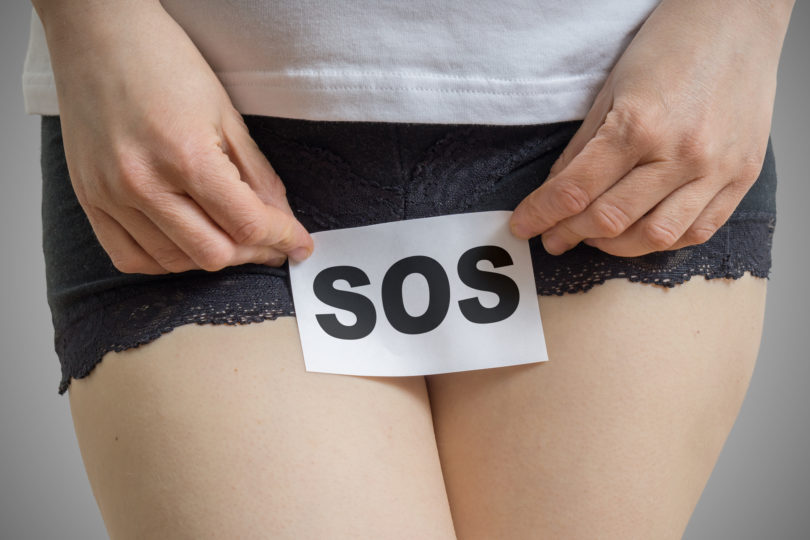While menstruation is a natural part of womanhood, there are times when your period can cause more discomfort and pain than usual. Do you know when to say enough is enough and ring up the doctor about your period? A normal menstrual cycle occurs every 21-35 days, with a period flow lasting between three to eight days. Younger women whose bodies are just beginning menstruation and older women on the verge of menopause commonly have irregular periods. Women who have just suffered a miscarriage or given birth may also have an irregular period as their bodies readjust.
Typical symptoms associated with the onset of your period each month include fluid retention, discomfort or cramping in the lower abdomen and mood swings. These usually occur one to two weeks prior to the start of your period and are referred to as premenstrual syndrome (PMS).
If these symptoms become so severe that they begin to “affect your relationships and your everyday life, they should be treated,” recommends Dr. Amna Feroze, a physician with Sentara Family Medicine & Internal Medicine in Williamsburg.
In addition, Dr. Angela Parson, an obstetrician and gynecologist with Bon Secours Hampton Roads OB/GYN Center in Norfolk, recommends following up with your doctor if you experience any of these symptoms during menstruation:
- An extremely heavy period flow, particularly if it is accompanied by lethargy and tiredness, dizziness, shortness of breath or passing out; these could be signs of severe anemia due to excessive blood loss
- Frequent periods that occur shorter than 21 days apart or prolonged periods that occur consistently for more than 35 days apart
- Period flows that last more than eight days
- Extreme pain during the menstrual cycle
“These signs or symptoms may be associated with fibroids, polyps, hormonal malfunction or even cancer,” says Parson. Stress and anxiety, strenuous physical activity, weight gain or loss and thyroid issues also affect menstruation. Excessive bleeding, bleeding between periods (spotting) or a missed period should be reported to a doctor. Heavy or painful menstruation could also be a sign of endometriosis, a condition in which the endometrial tissue that lines the uterus begins to form in other areas of the body, such as in the ovaries or in between the vagina and the rectum.
Feroze advises women not to suffer in silence. “If you are having heavy periods, especially with cramping, you should definitely have it checked out,” she says.


